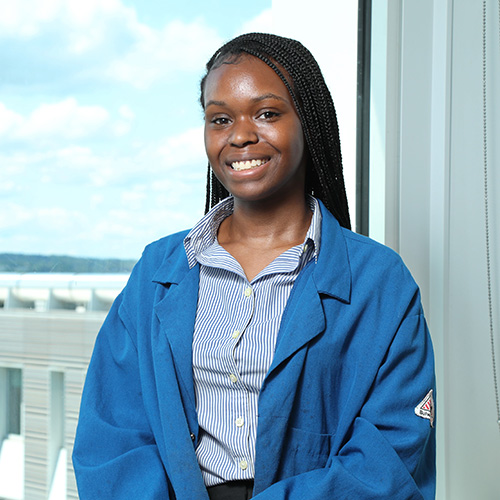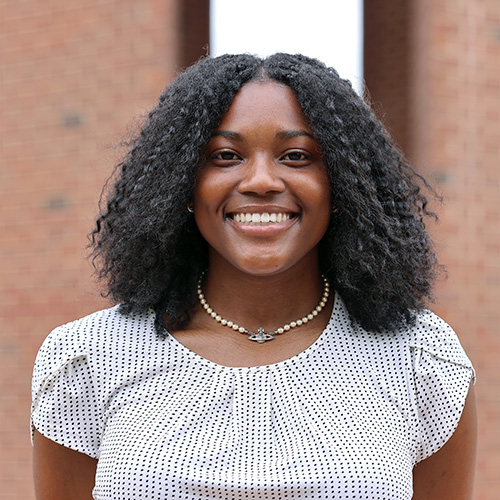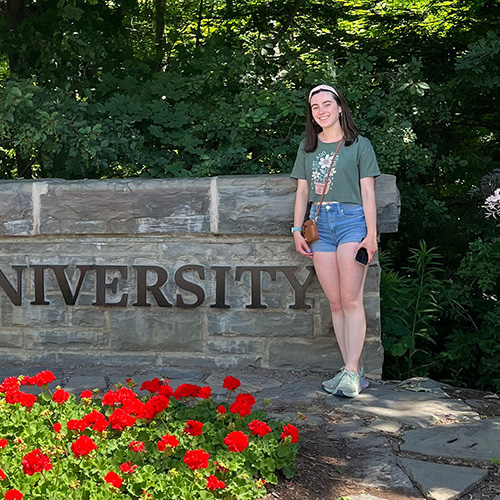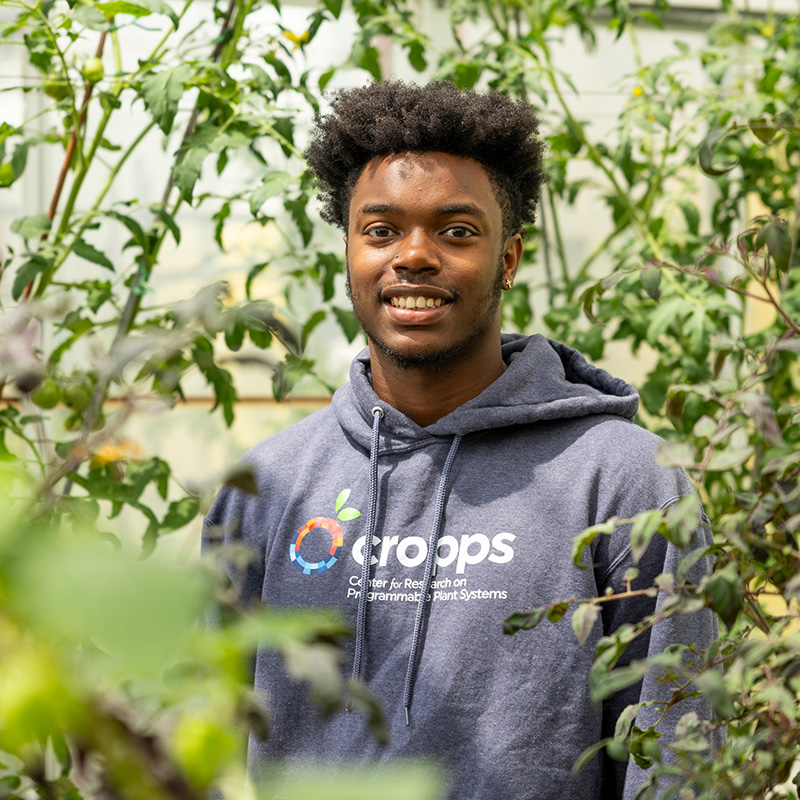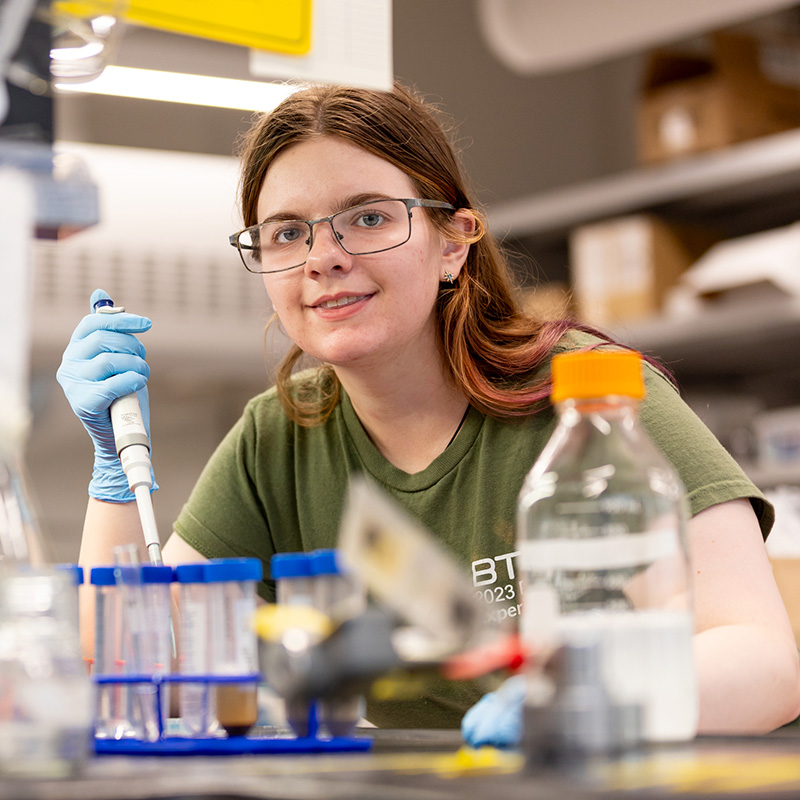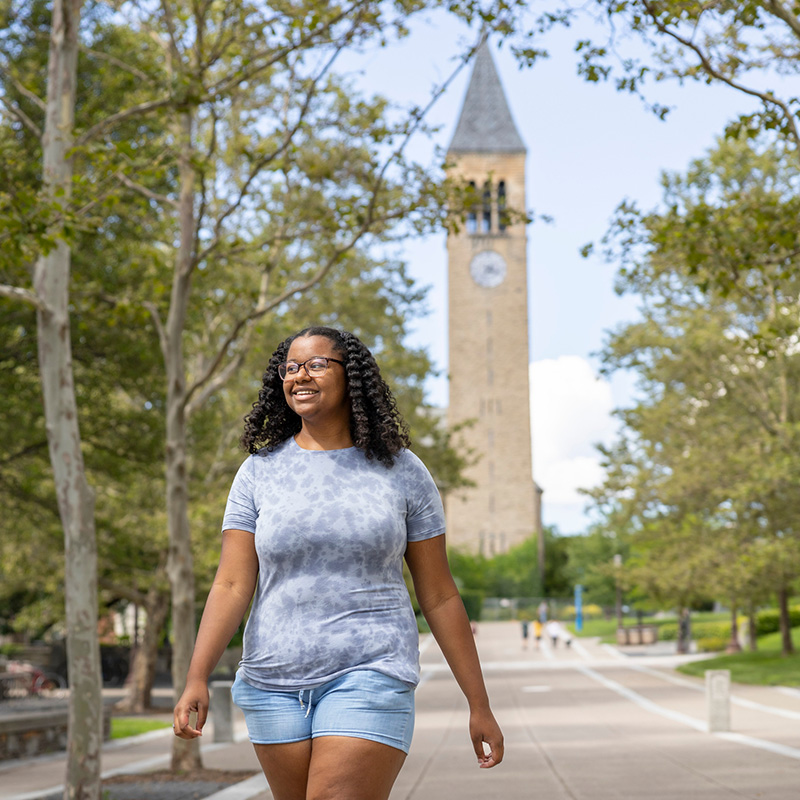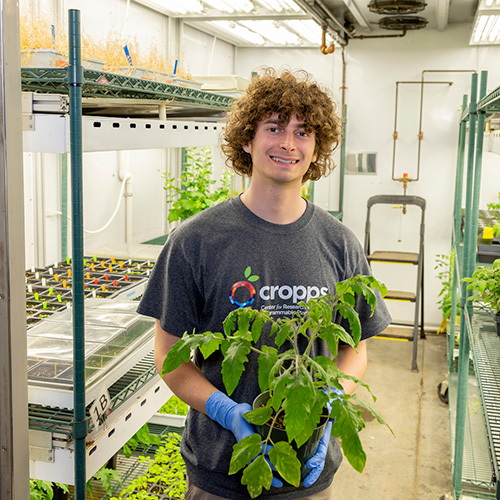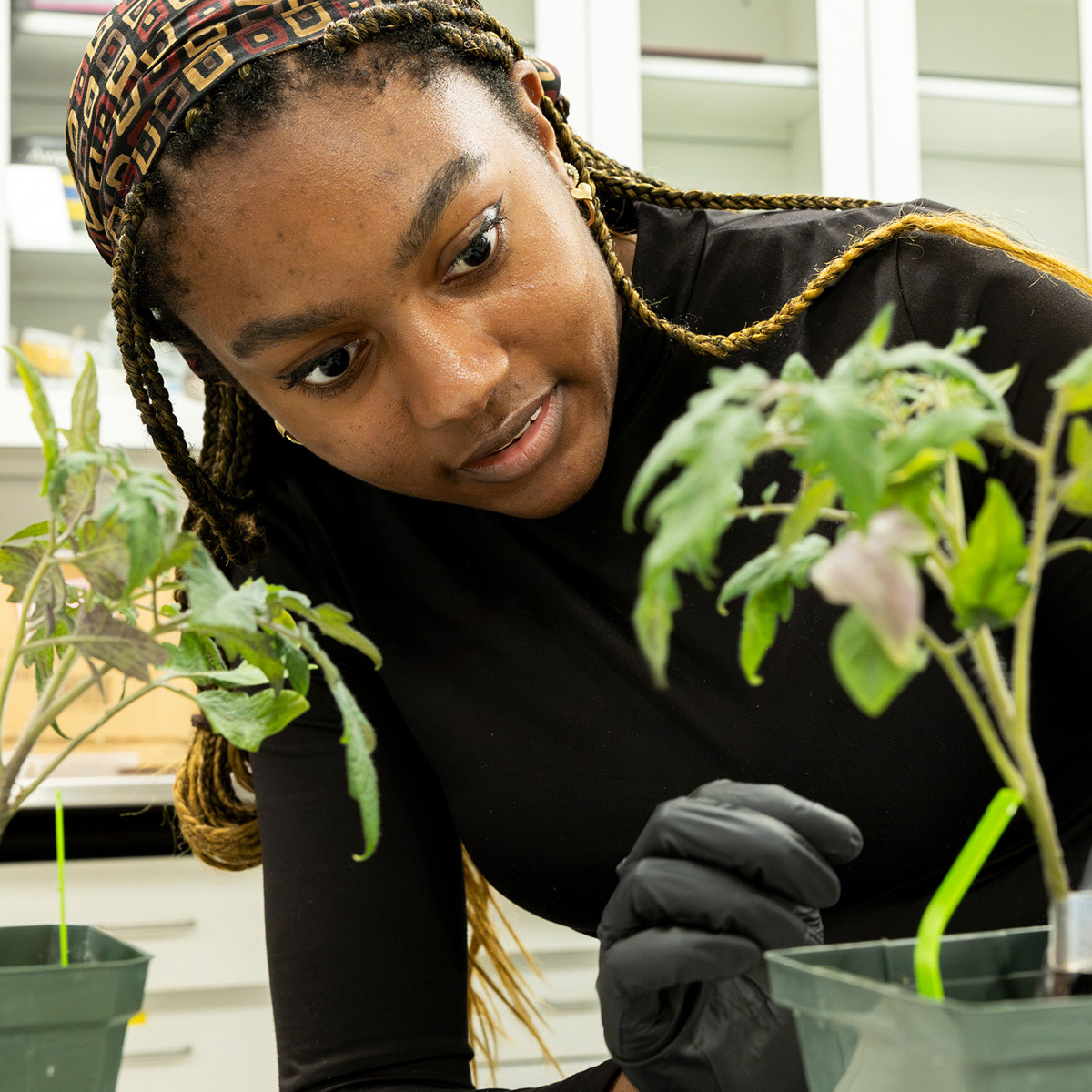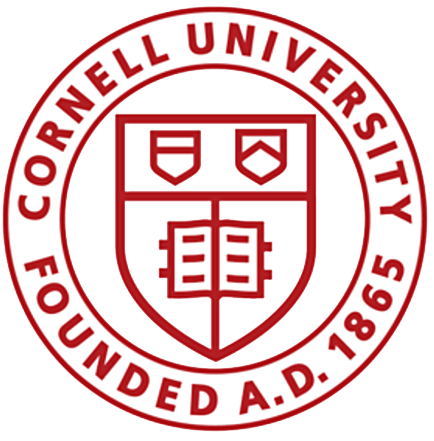Be part of cutting-edge research this summer with the CROPPS REU program, where plant science, engineering, technology, and social science come together to drive innovation. This fully funded, 10-week program offers undergraduates a unique opportunity to gain hands-on experience, learn from interdisciplinary experts, and explore how plants and technology interact to enable two-way communication—all while receiving a stipend, housing, and meals.
Join CROPPS for a Summer of Research and Discovery
Why Choose the CROPPS REU Program?
- Cutting-Edge Research: Engage in innovative projects that integrate synthetic biology, nanotechnology, robotics, optics, and advanced computing.
- Expert Mentorship: Work alongside interdisciplinary teams of world-class researchers with expertise in plant science, technology, and social systems.
- Meaningful Contribution: Participate in research that tackles real-world challenges in agriculture, sustainability, and communication between plants and people.
- Comprehensive Support: Benefit from a fully funded program that provides a stipend, housing, and meals during your 10-week experience.
Who Should Apply?
Undergraduates with backgrounds in biology, engineering, or computing who are curious about plant systems and technology are encouraged to apply.
This program is ideal for students looking to gain hands-on research experience, contribute to real-world discoveries, and develop skills in cutting-edge fields.
Program Highlights
Duration: June–August 2025
Three Locations: Cornell University (Ithaca, New York); Boyce Thompson Institute & Cornell University (Ithaca, New York); University of Illinois, Urbana-Champaign (Illinois)
Application Deadline: February 2, 2025
Real Projects. Real Impact
Students in the CROPPS REU program gain hands-on experience through transformative research projects. Here are examples of past opportunities:
Developing smartphone apps for vineyard management
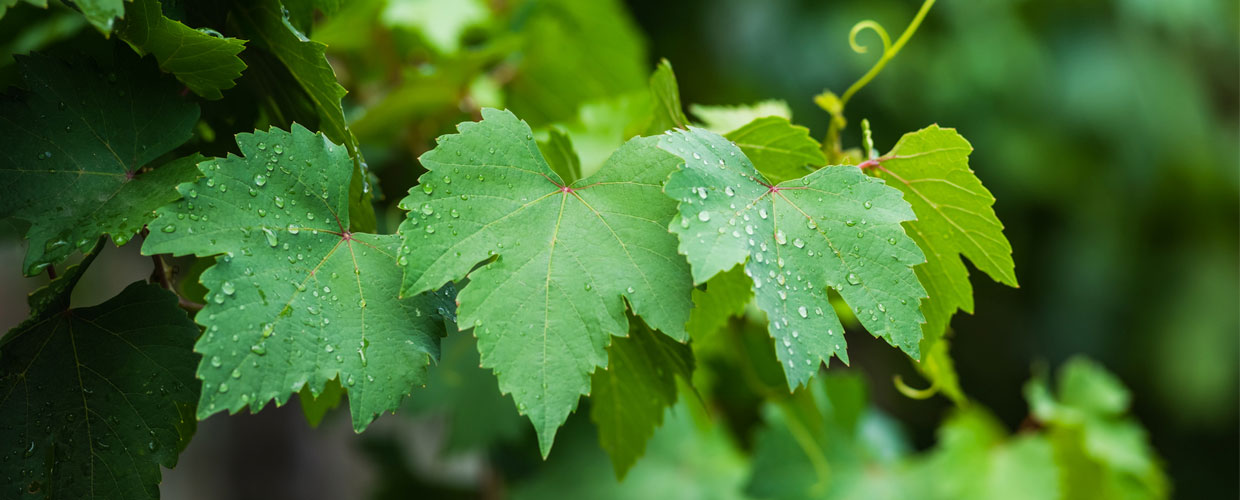
Detecting water stress in plants using AquaDust nanoparticles
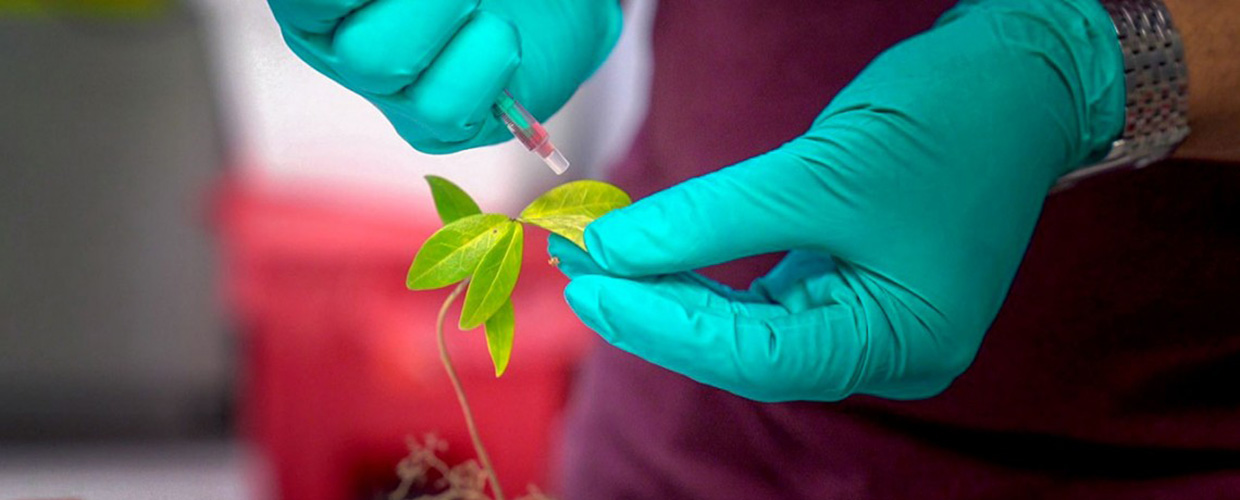
Harnessing plant metabolites for belowground phenotyping
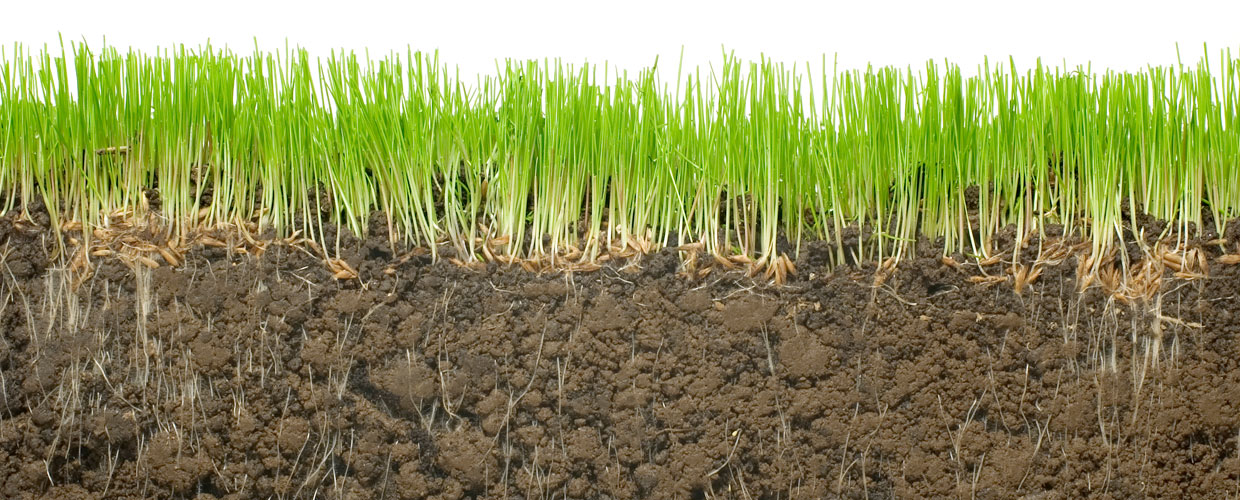
Exploring root phenotyping with 3D-printed soil-swimming robots
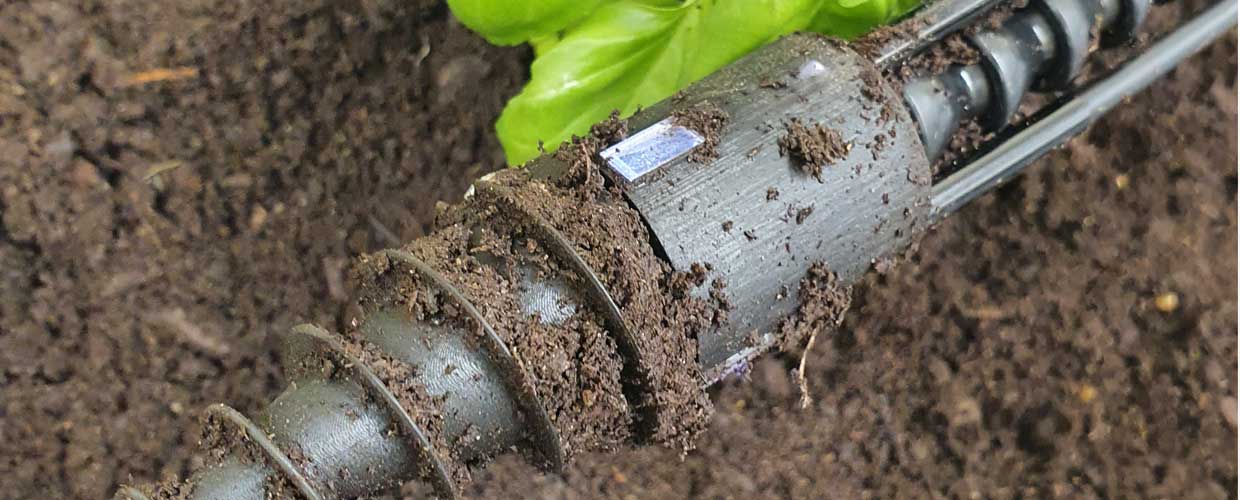
Hear from Our Participants
Curious about what it’s like to be part of the REU program? Learn more from our past students:

